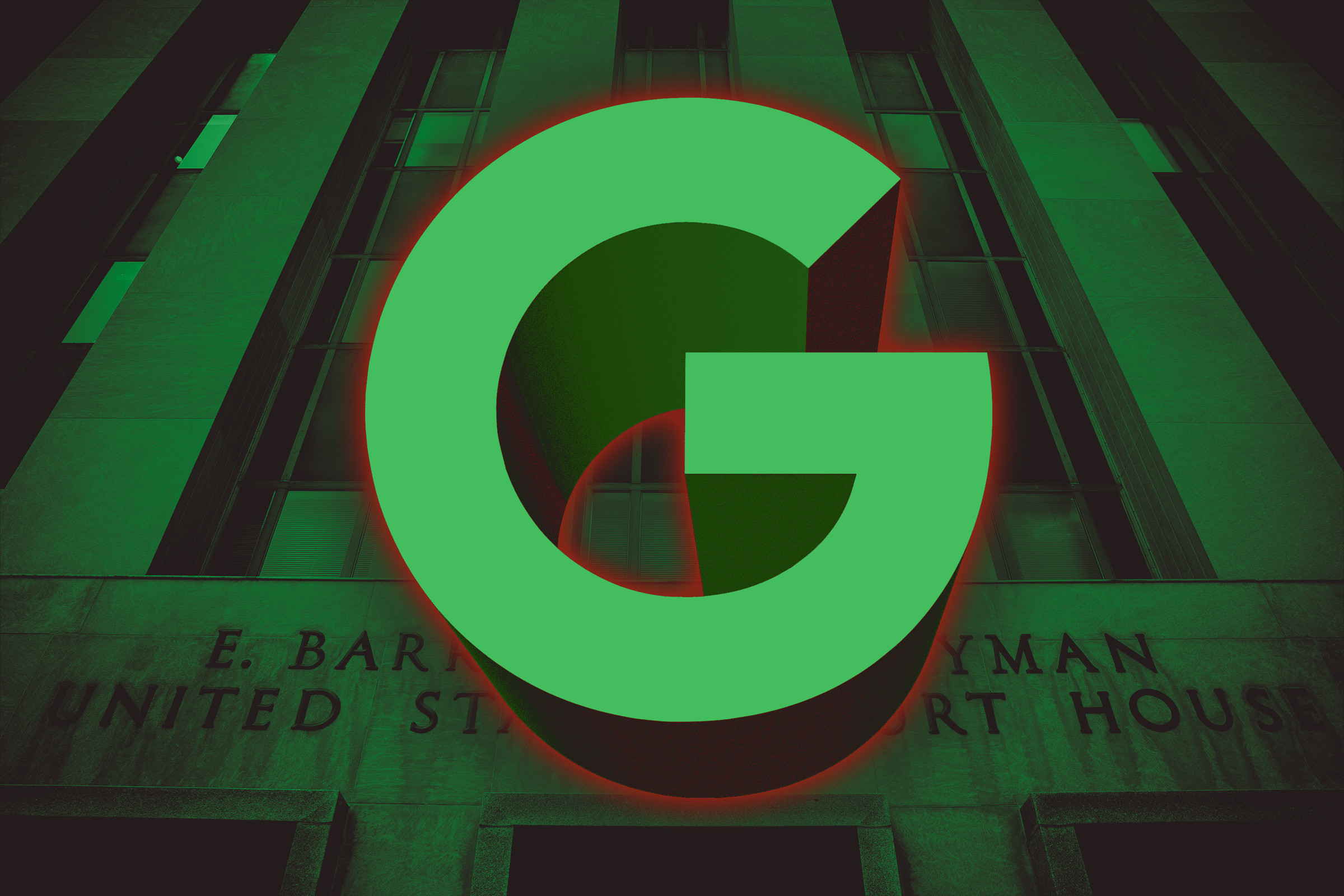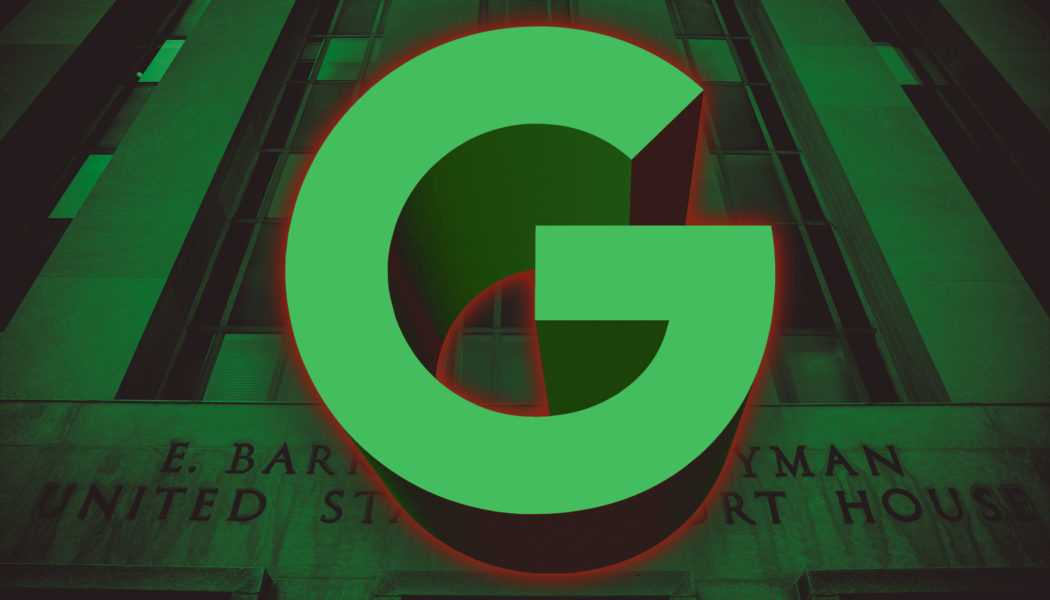Google brings in tens of billions of dollars a year with search ads — and the Justice Department claims it faces little competition.
Share this story

As the second week of the US v. Google antitrust trial gets underway, the Department of Justice is focusing on the real moneymaker behind Google Search: ads. It alleges that Google’s dominance lets it raise prices for advertisers with few repercussions — a claim backed up by Google ads executive Jerry Dischler on the stand.
Bloomberg’s Leah Nylen has the details of Dischler’s testimony, where he describes statements he made under oath in 2020. Dischler says Google tweaks its auction process in ways that may have raised prices in the past by 5 percent for the typical advertiser and could potentially have raised them by 10 percent for some queries. The parties buying the ads would have been unaware of these “tunings” of prices; “we tend not to tell advertisers about pricing changes,” Dischler said.
Raising ad prices was apparently one way for Google to increase search revenue during dry spells — one of which apparently occurred in the spring of 2019, according to an email chain involving Dischler and fellow Google executive Anil Sabharwal. “We are shaking the cushions” on ads launches, Dischler writes in the email. The email also describes other options for boosting revenue that include making Search more prominent for Chrome users.
Another trial exhibit indicates that Google made $98 billion from search ads for its owned-and-operated services in 2019 (apparently not including revenue from YouTube, according to Big Tech on Trial newsletter reporter Yosef Weitzman), and Dischler said that the number topped $100 billion in 2020. The “vast majority” of growth has come from mobile search.
Dischler said in court that 10 percent was around the upper limit of price increases and that raising prices by 15 percent would be “a dangerous thing to do” — although, as Nylen notes, Dischler acknowledged that overall revenue might still rise even if the high rates drove some advertisers to competitors like Meta or TikTok.
As Weitzman writes, demonstrating that Google can raise ad prices with little competitive pressure could help bolster the Justice Department’s argument that Google maintains an unlawful monopoly. It’s an objection that the department can’t raise for the search engine itself, which is a free product for consumers — although it can allege that other forms of harm, like lax privacy standards, might have been mitigated in a more competitive search industry.
Dischler is resuming testimony today in the trial, which is expected to stretch into November, with a verdict not anticipated until next year.











